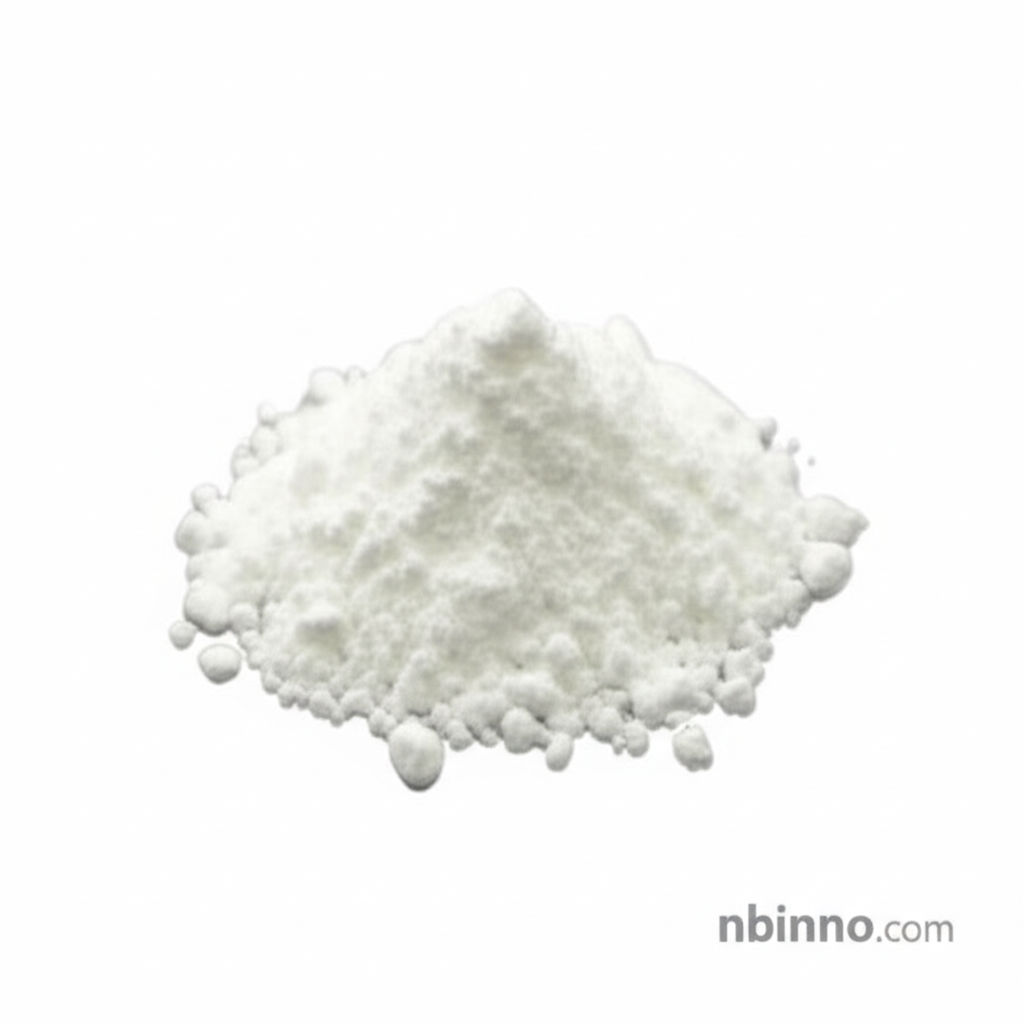Fmoc-L-3,3-Diphenylalanine: A Key Building Block for Advanced Peptide Synthesis and Drug Discovery
Unlock new possibilities in peptide synthesis and drug development with this essential amino acid derivative.
Get a Quote & SampleProduct Core Value

Fmoc-L-3,3-Diphenylalanine
Fmoc-L-3,3-Diphenylalanine stands as a crucial amino acid derivative, indispensable for cutting-edge peptide synthesis and innovative drug development. Its structure is augmented by the fluorenylmethoxycarbonyl (Fmoc) protecting group, a vital component for ensuring selective protection of amino groups during intricate peptide assembly. The distinct presence of two phenyl groups imparts enhanced stability and superior solubility, positioning it as an optimal choice for researchers engaged in the creation of complex peptide sequences.
- Leveraging Fmoc-L-3,3-Diphenylalanine synthesis strategies can significantly improve the efficiency of your peptide production.
- The applications of Fmoc-L-3,3-Diphenylalanine in drug development are vast, particularly in designing stable peptide-based therapeutics.
- When considering solid-phase peptide synthesis, the high purity of Fmoc-L-3,3-Diphenylalanine ensures reliable and reproducible results.
- Exploring the various applications of Fmoc-L-3,3-Diphenylalanine opens doors to novel research in bioconjugation and material science.
Advantages You Gain
Enhanced Peptide Purity
Utilize high purity Fmoc-L-3,3-Diphenylalanine for your peptide synthesis to achieve superior product quality and reduce purification steps.
Facilitates Complex Sequences
The unique structure of this amino acid derivative aids in the synthesis of complex and challenging peptide sequences, expanding research possibilities.
Streamlined Drug Design
Its properties make it an excellent choice for peptide-based drug design, improving stability and bioavailability of therapeutic agents.
Key Applications
Peptide Synthesis
This compound serves as a protective group in solid-phase peptide synthesis, facilitating the efficient assembly of complex peptides.
Drug Development
It plays a crucial role in the design of peptide-based drugs, enhancing the stability and bioavailability of therapeutic agents.
Bioconjugation
Researchers use it for attaching peptides to various biomolecules, aiding in the development of targeted drug delivery systems.
Analytical Chemistry
The compound is employed in the characterization of peptides and proteins, aiding in the understanding of their structure and function.
